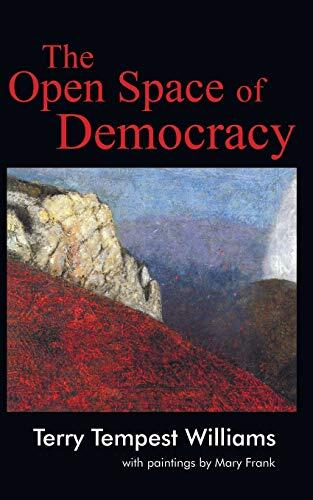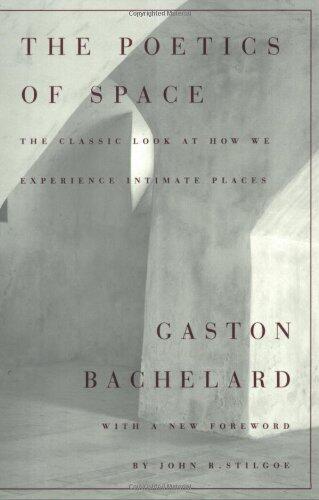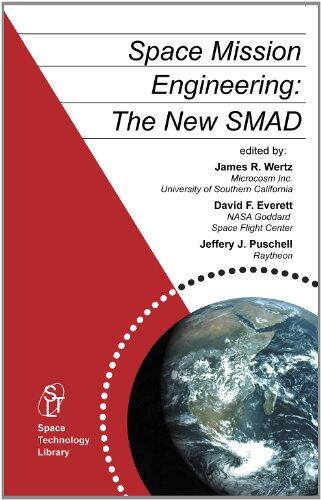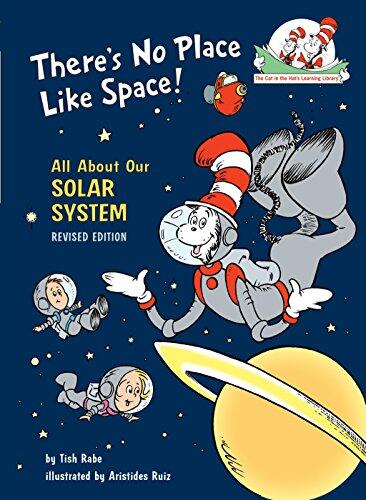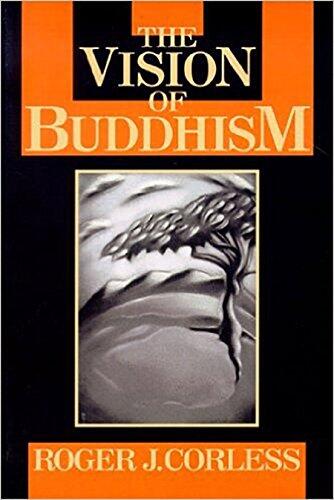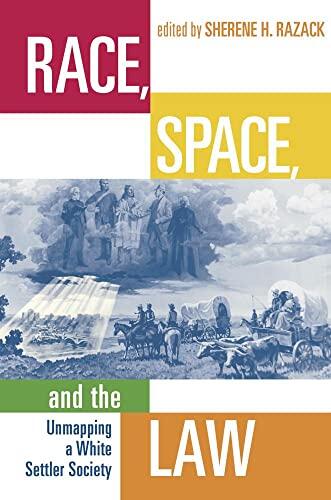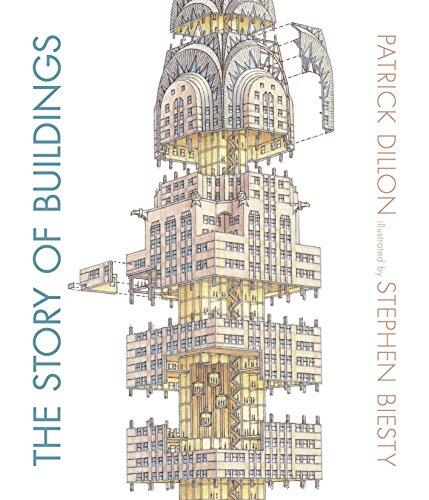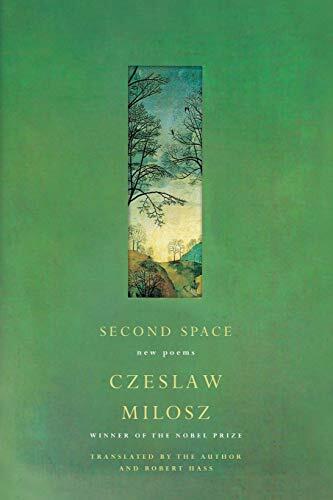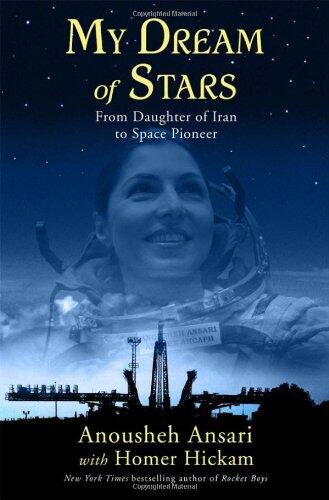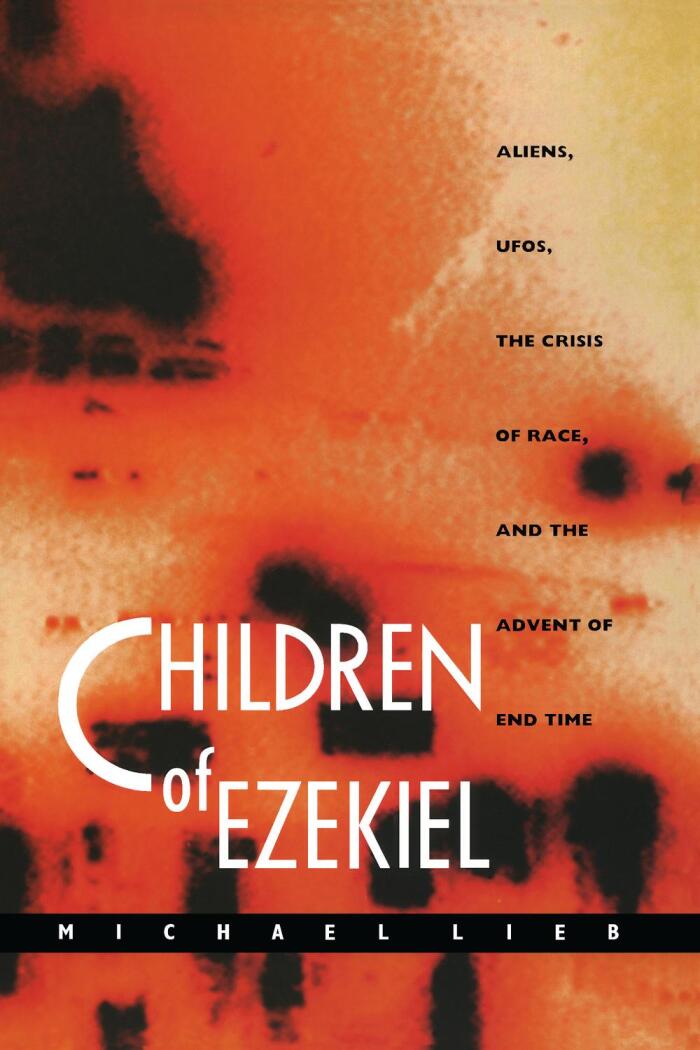
Children of Ezekiel: Aliens, UFOs, the Crisis of Race, and the Advent of End Time
还没有评分
Science Fiction
Children’s
Action & Adventure
+4
more
格式
Kindle
页数
322
语言
英语
已发布
Jan 1, 1998
出版商
Duke University Press Books
版本
1
ISBN-10
0822396297
ISBN-13
9780822396291
描述
Michael Lieb explores a compelling intersection of themes that reverberate through literature, politics, and the collective consciousness surrounding UFOs and alien phenomena. He delves into the mythos of Ezekiel, drawing connections between the ancient text and modern interpretations that shape societal views on race and the potential future of humanity. Through this lens, he invites readers to contemplate how these narratives have been influenced by, and in turn influence, contemporary issues of identity and belonging.
The author provocatively examines how works like Milton's "Paradise Lost" and the militaristic undertones of Reagan's "Star Wars" program reflect deeper cultural anxieties about existential threats, exploring the potent imagery that arises from perceived alien encounters. These metaphors serve not only to unsettle longstanding beliefs about race and power but also to provoke questions about the nature of humanity in an increasingly complex world.
As Lieb analyzes these cultural touchstones, he encourages a critical reflection on how our narratives—both historical and imaginative—shape our understanding of the future that awaits. With a keen eye on the end times and the myriad ways that these anxieties manifest, the work serves as a timely commentary on the fragile interplay between belief and reality.
The author provocatively examines how works like Milton's "Paradise Lost" and the militaristic undertones of Reagan's "Star Wars" program reflect deeper cultural anxieties about existential threats, exploring the potent imagery that arises from perceived alien encounters. These metaphors serve not only to unsettle longstanding beliefs about race and power but also to provoke questions about the nature of humanity in an increasingly complex world.
As Lieb analyzes these cultural touchstones, he encourages a critical reflection on how our narratives—both historical and imaginative—shape our understanding of the future that awaits. With a keen eye on the end times and the myriad ways that these anxieties manifest, the work serves as a timely commentary on the fragile interplay between belief and reality.
